Lufthansa Rolls Out the Big Scissors: 4,000 Jobs Gone by 2030
Lufthansa Group is set to cut around 4,000 administrative jobs by 2030, citing AI and digitalization as key drivers, even as it modernizes its fleet with 230+ new aircraft. Operational roles remain safe, but back-office efficiency is the new flight plan.
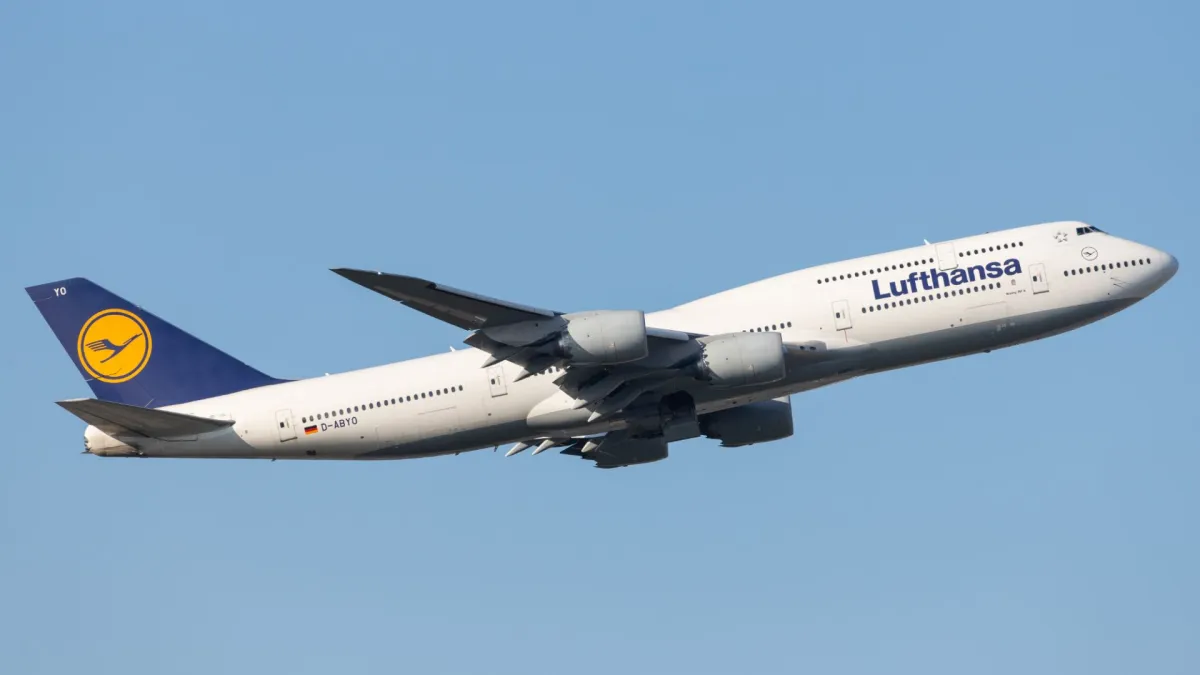
In what’s shaping up to be one of the boldest restructuring moves this side of airport turbulence, Lufthansa Group is planning to cut around 4,000 administrative jobs by 2030 - mainly in Germany - citing the twin engines of AI and digitalization (plus a good dose of cost discipline).
Before you panic about skies falling, the airline says operational roles (pilots, cabin crew, mechanics, etc.) won’t be touched - this is a strategic trimming of back-office bloat. It’s all about “where duplication exists, let digital tools pick up the slack.”
Why Is Lufthansa Doing This?
- Efficiency meets AI
Lufthansa claims that “profound changes brought about by digitalization and artificial intelligence” make many administrative tasks redundant. Think of it like this: fewer spreadsheets, smarter bots, and more streamlined workflows. - Integration among airlines
The Lufthansa Group isn’t a single giant - it’s many (Lufthansa, Swiss, Austrian, Brussels, ITA, Eurowings). Consolidating overlapping functions across these sibling airlines can save both time and money. - New financial targets
To grease the wheels for this shift, the airline has set more ambitious profitability goals: aiming for an adjusted operating margin of 8–10% by 2028, and free cash flow > €2.5 billion annually. Also, it plans the largest fleet modernization in its history - 230+ new aircraft (100 for long-haul) by 2030. - Strong travel demand = leverage
Here’s the twist: air travel demand is strong, capacity is constrained (thanks to supply chain snarls), so Lufthansa is in a decent spot to push efficiency without totally hemorrhaging revenue.
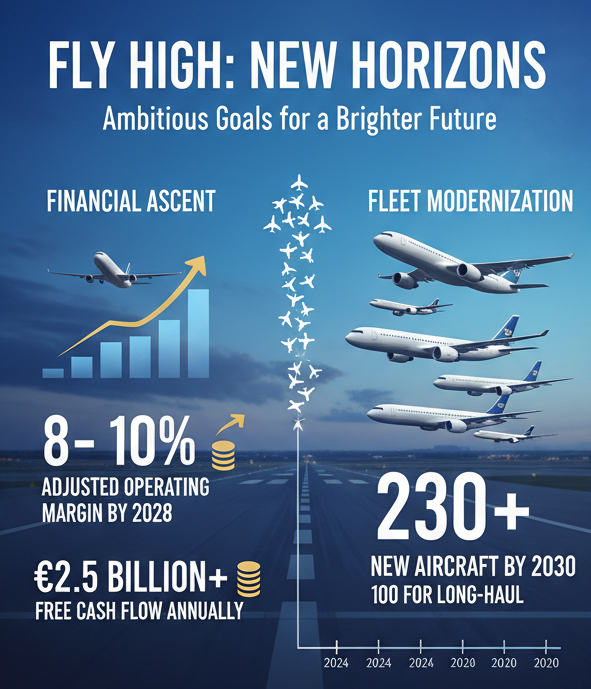
Reactions, Risks & Ironies
- Markets cheered - Shares rose ~2% on the news.
- Labor relations will be tricky - In Germany, job cuts are politically and legally sensitive, especially when social partners (unions, works councils) must be consulted.
- Irony alert - the airline doing massive job cuts is also buying 230+ new planes. Investment in hardware, but shedding humans. Ouch.
- Future of human work in aviation - Could this be the first step toward ever-more automation (airport services, baggage handling, scheduling tools)? It seems likely.
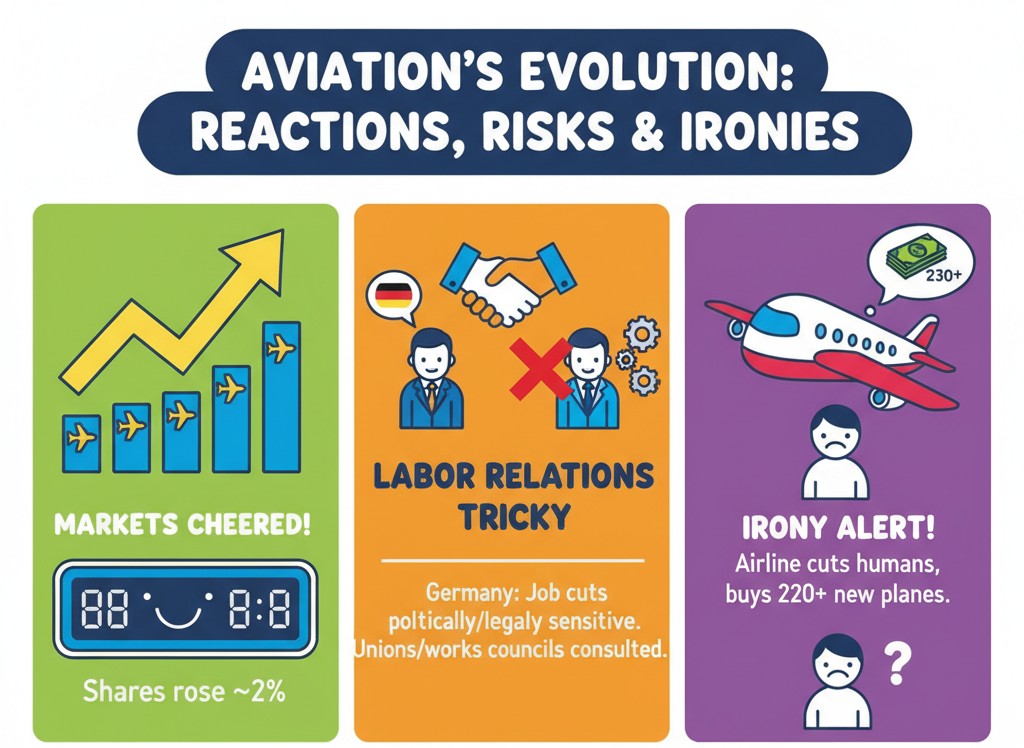
“AI = layoffs” criticism - Some see this as the classic tech exec play: frame cost cuts as progress. On Reddit:
“It saves money … [but] who cares about those nerds.”
Others argue it’s less about firings and more about non-replacement, and internal restructuring.
What to Keep an Eye On
- Union battles in Germany - How hard will labor groups push back against the cuts?
- Layoff timeline - Will Lufthansa stretch this to 2030 or move faster?
- Real impact of cost savings - Do passengers actually see better service or cheaper tickets, or does it all just pad profits?
- Industry ripple effect - Will rival airlines copy Lufthansa’s AI-powered trimming spree?
In the end, Lufthansa’s announcement is a bold statement: in the post-pandemic, AI-obsessed era, even airlines aren’t immune to the cost-cutting. Whether it's a smart move or corporate overreach remains to be seen - but for now, it’s a high-stakes example of how traditional industries dance with disruption.
We’ll be keeping a close eye on how Lufthansa’s big bet on AI and efficiency actually plays out - whether it’s smooth cruising or a bumpy landing. In the meantime, if you want to stay in the loop on stories that matter (without sifting through the noise), make sure to subscribe to our news and never miss an update.


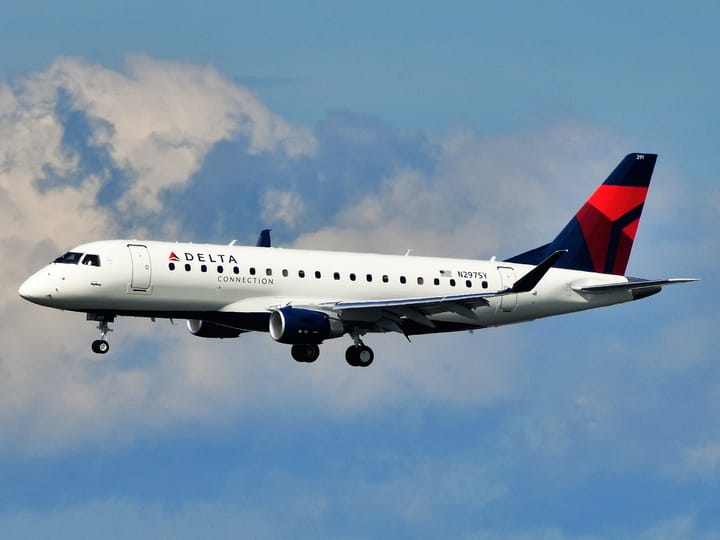
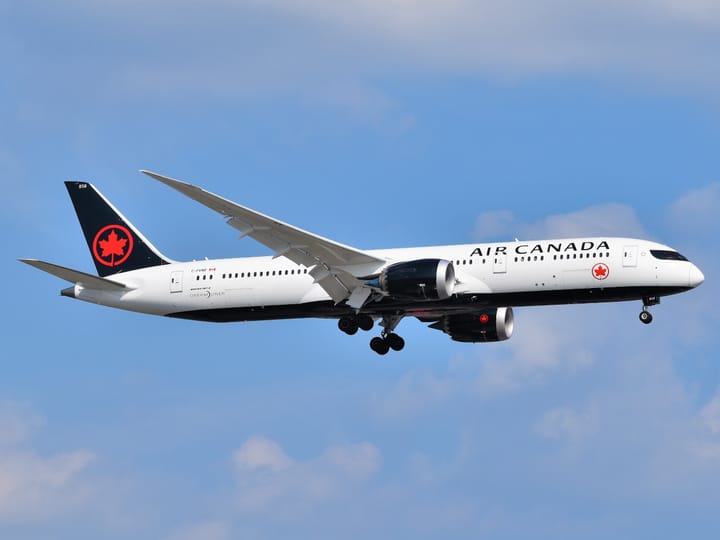
Comments ()